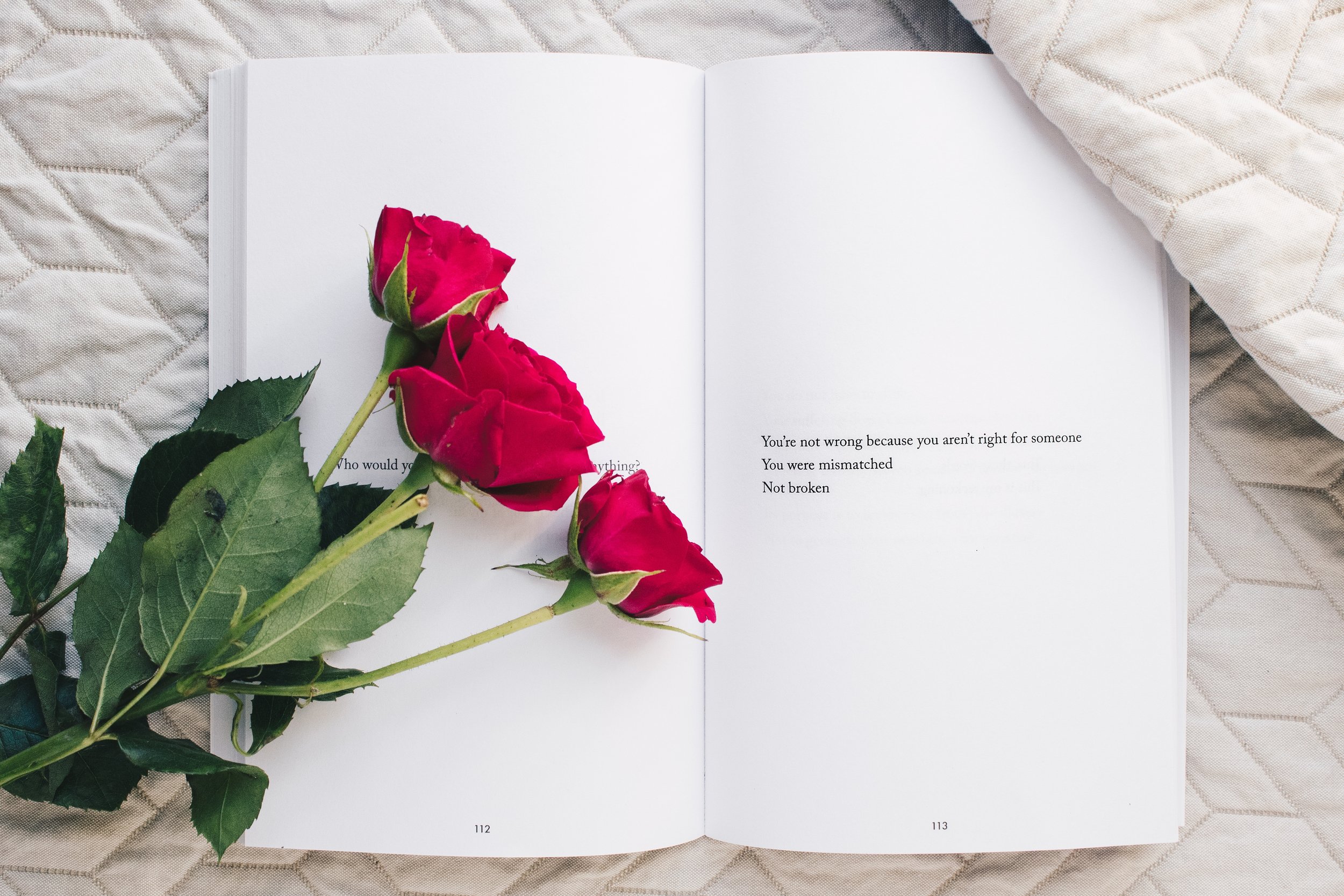Why Poetry is the Cure for Our Distracted Age
Thought Catalog Photography
As a poet, I am often asked why anyone aside from writers should read poetry. I have to admit, I am, at this point, so immersed in my craft that at times I forget its purpose. And at first, the question annoys me. L’art pour l’art, I think. Art for art’s sake. The first explanations that come to mind include words like truth, beauty, elevation. Not all poetry, of course, delivers such qualities. But even poetry that is deliberately ugly appeals to a higher state of mind: it makes you uncomfortable and compels you to think. Still, I can see on their faces that my audience is not convinced. This is a problem.
But it is not their fault. If a craft is useful, it is up to the craftsmen to make that purpose known. If poetry has been forgotten, it does no use to sit on our hands and complain that this generation has no education. Teachers do not complain that children do not know what they are about to teach them. Long before the French philosophers declared that art was useful in and of itself, poetry was considered a vessel for useful messages, often those of a religious or moral nature. The bards were sensitive to the deeper needs of their age, as should we be.
That being said, I would like to offer a much more practical and yet sorely needed use for poetry: a cure for the exhausted modern individual, so harassed by the distractions of the digital age and the demands of 21st century work life.
That this cure is needed could not be more obvious. Look at meditation, for example. It has soared in popularity recently, and it doesn’t take a sociologist to make an educated guess as to why. From books to apps to blogs, the balm of stillness, stress alleviation, and potential spiritual and self-awareness benefits of meditation have become an industry.
In our distracted and anxious age, when “productivity” is king, sleeplessness a badge of honor, and the black-mirrored devices in our pockets nag for attention more than a needy child, something has to pierce through this riot. Many need an excuse to say “no” to the noise, and fifteen minutes of meditation seems excusable. Many need a reason to pause for a moment to reflect on who they really are and what matters. Five minutes of quiet seems a reasonable request. Five minutes begins to grow, into fifteen, into thirty, into an hour, until one begins to wonder why she lives a life that makes her feel more like a workhorse and less like a human being.
Reading poetry has a similar effect, although the process is different, and perhaps more attainable to those unfamiliar with the practice. Meditation calls you to empty yourself, but we may not be ready to be emptied just yet. If you’ve ever tried clearing your head of all thought, or even just focusing on your breathing, it is a noble but nearly impossible task. Poetry, on the other hand, asks you to allow yourself to be filled. We have been allowing ourselves to be filled all our lives; this comes easily.
The focus and stillness necessary for reading poetry is the antidote to anxiety and distraction. To understand the meaning of the words you have to let yourself become absorbed in them. Often, we will seek a quiet place to do this, but the world soon melts away once we become engrossed in Keats’s “Ode on a Grecian Urn.” Deciphering the dense riddle while enjoying the play of words, hearing in our head the sound of rhymes and melodic lines, or that feeling like a hand clasping around the heart as you finally understand, aha, it was not really about the urn at all, he is lamenting the passage of time—this experience is as transformational as meditation. You come out renewed. I would even go so far as to say it is a mental, as well as emotional, restorative process.
This is because a good poem will, in the end, turn your gaze back on and into yourself. First, it guides you through the experience crafted by the poet, as you are constrained by his words. But, as you unravel them, you realize that what is being said is not something that was made to sit on the page. Immature poetry exists only for itself; good poetry, even that which espouses l’art pour l’art, was made for you. The words were written, maybe in inspiration, maybe painstakingly, perhaps in sorrow, perhaps in hunger, to help you understand something that matters, and yourself most of all.
For the sleepless and harried modern individual, I suggest a small dose of medicine that is not bitter in the least. On your day off, take fifteen minutes to read a poem. One is enough. Take your time to understand, and search for what the poet has to offer you. If you don’t know where to start, Keats’s “To Autumn” is beautiful and short. Consider it self-care, like drinking enough water, exercise, or sleeping at least seven hours.
Next time I encounter people who ask me why poetry is needed, I am prepared with a better response. We need poetry because we are not hamsters on wheels. We need someone to show us the way back to being human. As a poet, I hope to help guide you to a quiet place amid the chaos, where you can rediscover who you are. It is true. It is beautiful. It is elevating. And it is a purpose worth all the struggles of the poet, who walks out ahead to help us find our way back to ourselves.

